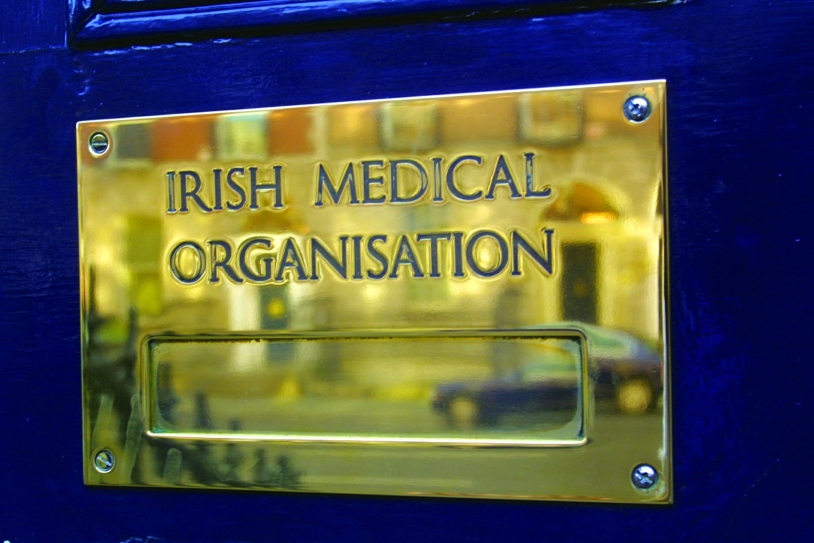The RCSI welcomes the publication of the Expert Reference Group reports on Clinical Audit of Interval Cancers in the Bowel Screen, BreastCheck and CervicalCheck screened populations. These reports were commissioned following an audit conducted by CervicalCheck of cytology in women who developed invasive cervical cancer in the first eight years of the programme. Issues arosein 2018 in relation to inconsistent disclosure of the audit results to patients. The subsequent inquiry by Dr. Gabriel Scally made recommendations which included emphasis on quality assurance, the importance of audit, open disclosure with patients and improved linkage with the National Cancer Registry.
The Expert Reference Groups’ reports confirm that the three cancer screening programmes in Ireland have performed as well as or better than similar programmes in other countries. All three screening programmes have saved lives through early cancer detection and prevention of cancer through detection of pre-cancerous changes. RCSI recognize that cancers diagnosed between screening episodes, termed interval cancers, can and do occur. Internal audit of such cancers is a key performance indicator of the integrity of the screening programmes. The information obtained is essential for quality assurance and optimal performance of screening programmes.
The Expert Reference Groups looked at international best practice on how to audit and report on interval cancers within screening programmes. Each independently found that there is no international consensus on how to conduct or how to report such audits. Some countries do not have an audit process while the methodology varies in those that do. Neither is there international consensus on whether internal audit for quality enhancement should be in the public domain. Most countries do not disclose results of audit to patients. In some jurisdictions, there is legislative protection from disclosure of audit findings.
According to the RCSI: “Individual patients should always have the right to access their personal health data and to request individual case review of their screening results. Access to such information should be facilitated in a caring and holistic manner and in the understanding of the limitations in screening programmes. Such an approach should both patient and public confidence in the screening programmes.”
“The three Expert Reference Groups have identified the growth of legal claims against screening programmes in Ireland as a serious threat to their viability. Simply put, if current trends in litigation continue, screening programmes will become unaffordable and it will be increasing difficult to recruit the expert medical and technical staff required to maintain current standards.
“RCSI concurs with Professor Susan O’Reilly in her forward to the CervicalCheck Report, that sustaining highly performing screening programmes requires patient trust, staff recruitment and affordability. These issues need to be addressed honestly and openly if we are to sustain this vital public health programme.”













Leave a Reply
You must be logged in to post a comment.